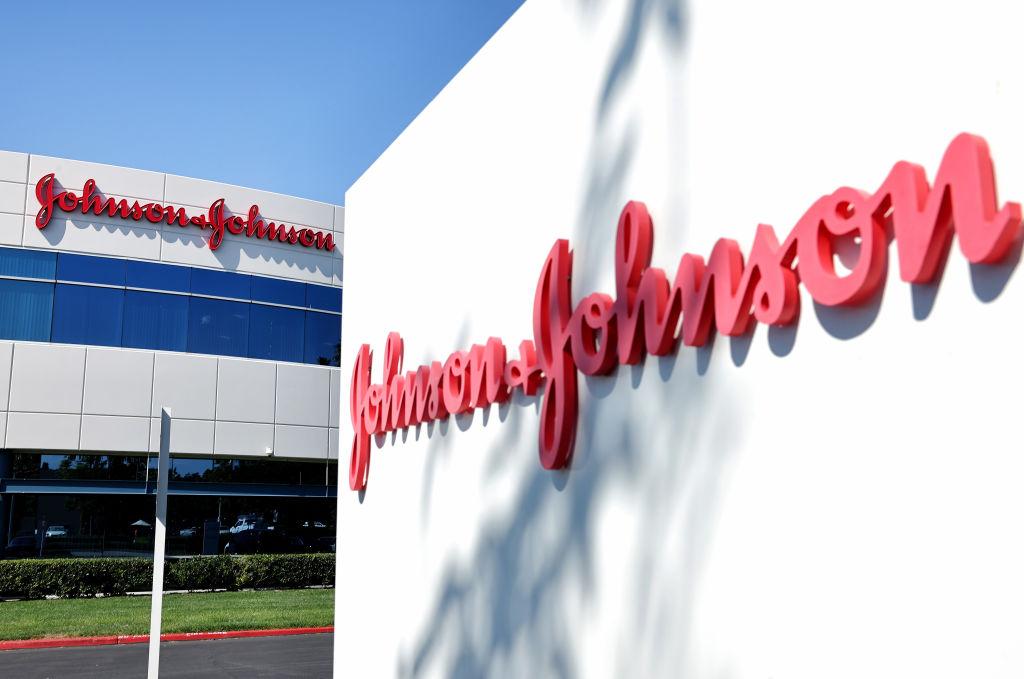CINCINNATI, Ohio — The University of Cincinnati College of Medicine last week launched one of a handful of early stage cancer drug development programs and Phase 1 clinical trial units nationwide.
Dr. Olivier Rixe runs the experimental program aimed at finding answers for patients whose cancers have not responded to existing therapies. Rixe spent more than 15 years discovering some of those therapies, including cancer cell-killing drugs and compounds that block vessel growth in tumors.
The French oncologist, internal medicine physician and researcher received a medical degree from Pierre and Marie Curie University in Paris, trained in medical oncology and internal medicine at the University of Paris, and earned a Ph.D. in molecular biology from Diderot University in Paris.

A Deep-dive Into Specialty Pharma
A specialty drug is a class of prescription medications used to treat complex, chronic or rare medical conditions. Although this classification was originally intended to define the treatment of rare, also termed “orphan” diseases, affecting fewer than 200,000 people in the US, more recently, specialty drugs have emerged as the cornerstone of treatment for chronic and complex diseases such as cancer, autoimmune conditions, diabetes, hepatitis C, and HIV/AIDS.
He joined the National Cancer Institute in 2008 as a physician in the medical oncology branch, leaving the center last year to become a professor of clinical medicine and director of experimental drug trials at the University of Cincinnati. Rixe talked with MedCity News about his emerging program.
Q. What connections do you expect to make in your drug development and Phase 1 clinical trials program?
A. It is important in oncology today to screen with new compounds to get the most efficient molecules to use in the clinic. So we’ve tried to develop an innovative program using all of the university’s resources. We usually try to work with drug companies to bring new compounds to Phase 1 studies, which determine the safety and effective dose of the compounds.
We are going to launch three first-in-human clinical trials. One of those will be a first-in-class study of a new mechanism of action. In the meantime, we try to identify biomarkers to select the population that should be most sensitive to this molecule. This is a translational program that we try to develop through connections with doctors.

Using Informed Awareness to Transform Care Coordination and Improve the Clinical and Patient Experience
This eBook, in collaboration with Care Logistics, details how hospitals and health systems can facilitate more effective decision-making by operationalizing elevated awareness.
Q. What is most exciting to you about your drug development and Phase 1 clinical trials program?
A. First-in-class development is the most provocative aspect of the program. That means a totally new direction from chemical or targeted therapies for cancer and offers new hope to patients who have failed existing therapies.
Q. Tell me about the University of Cincinnati’s resources that can help discover and test drugs.
A. We have outstanding basic scientists here. Research collaborators from UC’s cancer and cell biology department, Metabolic Diseases Institute, Center for Imaging Research, as well as molecular genetics, biochemistry and microbiology laboratories will be involved in the program.
On the clinical side, this program is part of the Cincinnati Cancer Consortium, which includes the UC College of Medicine, UC Health University Hospital, UC Barrett Cancer Institute, Cincinnati Children’s Hospital and others.
This is a big story for the cancer center here. We have a new director. We are going to hire new physicians.
Q. What research and collaboration opportunities do you see in Ohio?
A. I came here because the basic science is really outstanding. This is an opportunity to develop new strategies with new targeted agents, with immunotherapy, even with gene therapy. We also have strong support from the hospital, from the university, from the Barrett Center to develop this chemical program. But, again, it’s linked with the basic science. That’s why we can develop innovative approaches.
Q. Where does your program’s funding come from?
A. Our funding comes from everywhere. We have internal resources from the university and the hospital, we apply for grants from the National Institutes of Health. We have collaborations with pharmaceutical companies. We have huge support from university fundraising. We also are interested in Ohio grants.
Q. Tell me a little about your research history. What is it you most want to discover?
A. Seeing patients respond to new treatments is very encouraging. Discovering new drugs, new strategies, new combinations of treatments — that’s for me the most important thing in my life.
Q. What types of cancers will you work on?
A. We’ll be working with patients who have failed therapy, regardless of the type of tumor they have. Some of our programs likely will focus on a specific cancer. For instance, we have a unique resource for brain cancer, the UC Brain Tumor Center. The center has an early drug development program for patients with brain tumors.
Q. How many patients are you hoping to enroll in the Phase 1 studies?
A. Between 10 and 50 patients. The number depends on how many patients you need to investigate the safety and find the best dose for the following Phase 2 studies.
Q. The cancer center does Phase 2 and Phase 3 trials, right?
A. Yes. They’re used to doing these later studies here. What’s new is early drug development connected with basic science to bring these compounds to the clinic. So this new program is the link. There are very few academic centers doing this kind of early drug program.
Q. Is there a connection between your research and the trend toward personalized medicine?
A. Yes. We want to have tailor-made therapies. We know that when we don’t select the right population, especially when we use targeted agents, we are going to fail. So using biomarkers to predict efficacy of compounds is the future of oncology.
Q. What are some of the differences and similarities between the United States and France, when it comes to medical research?
A. The methodologies to develop compounds are the same. But in the United States, there is a direct connection between basic science and the clinic. And U.S. researchers have much greater access to resources, from financial support to collaborators to expensive, molecular and imaging studies to confirm results.












